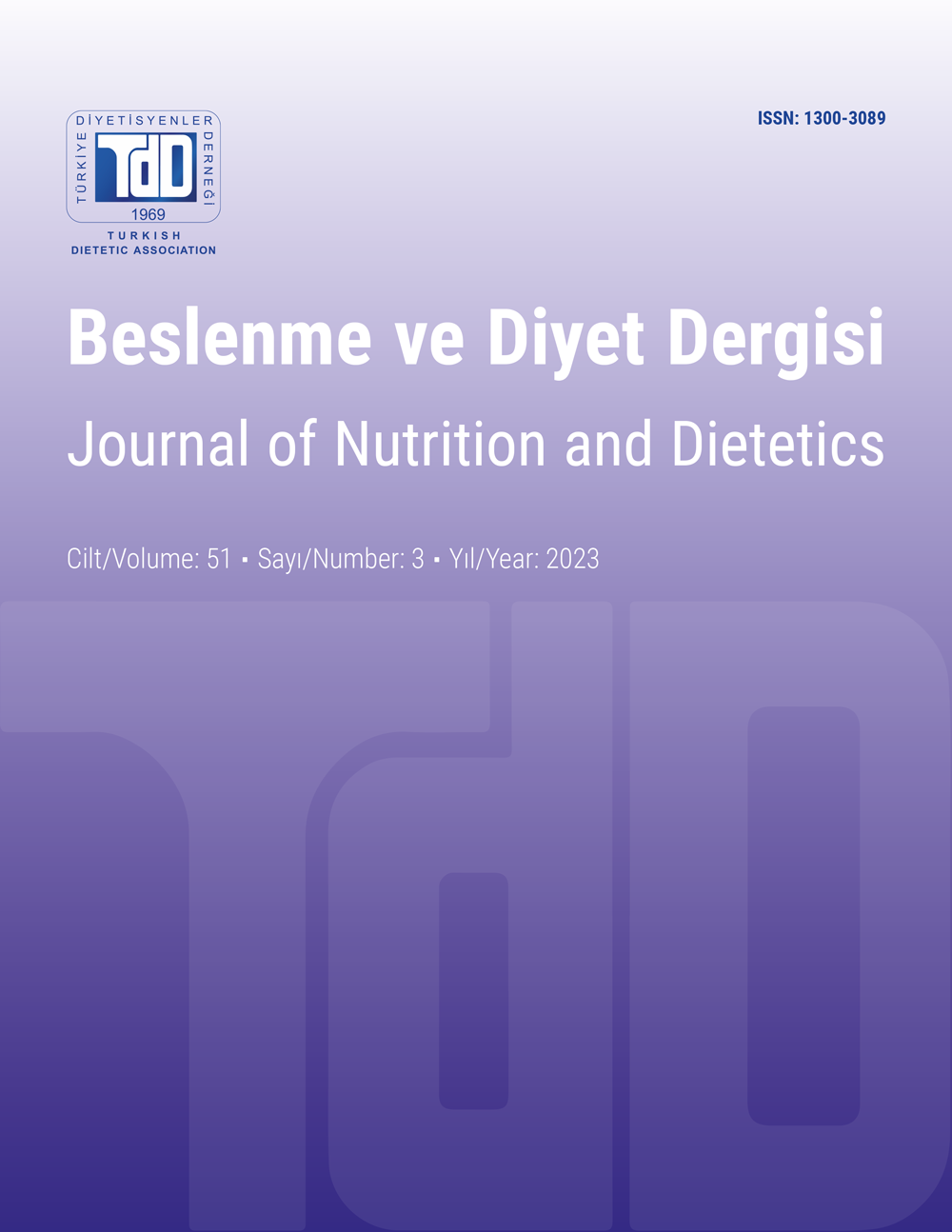The role of the FODMAP Diet in Body Weight Management
DOI:
https://doi.org/10.33076/2023.BDD.1486Keywords:
FODMAP diet, carbohydrate, oligosaccharide, body weightAbstract
FODMAP is a term that includes “fermentable oligosaccharides, disaccharides, monosaccharides and polyols” in the diet. Consumption of foods containing FODMAPs can cause some gastrointestinal symptoms such as bloating, abdominal pain, and diarrhea. Therefore, it has been observed that a low-FODMAP diet, which is defined as reducing dietary intake of foods containing fermentable monosaccharides, disaccharides, oligosaccharides and polyols, may be beneficial in improving the course of irritable bowel syndrome (IBS), Crohn’s disease, ulcerative colitis and undiagnosed gluten sensitivity diseases, which are characterized by gastrointestinal symptoms. Studies show that body weight gain is associated with gastrointestinal tract motility. Altered small bowel and colonic transit in obese individuals may cause symptoms similar to IBS symptoms. It has been emphasized that low FODMAP diet is effective in improving the gastrointestinal system symptoms of IBS patients and can change the severity of the disease. Therefore, it has been stated that low FODMAP diet can positively change impaired intestinal motility, intestinal microbiota and complaints similar to IBS symptoms in obese individuals. In addition, a low-FODMAP diet may contribute to weight loss in obese individuals by regulating intestinal motility and increasing the tendency of gastrointestinal endocrine cell densities to approach normal. However, foods containing FODMAPs, besides their negative effects; they increase stool volume, reduce serum cholesterol, and triacylglycerols levels. They also protect the colon against cancer by stimulating cell proliferation in the colon. All of these positive effects are lost with a low-FODMAP diet. Although the low-FODMAP diet has positive results in the improvement of gastrointestinal complaints, reducing the risk of obesity and providing weight management, it should not be forgotten that the diet has negative effects on the microbiota due to the lack of nutrients with prebiotic properties for beneficial bacteria in the intestine, and the controlled application diet trials are important for patient health.

